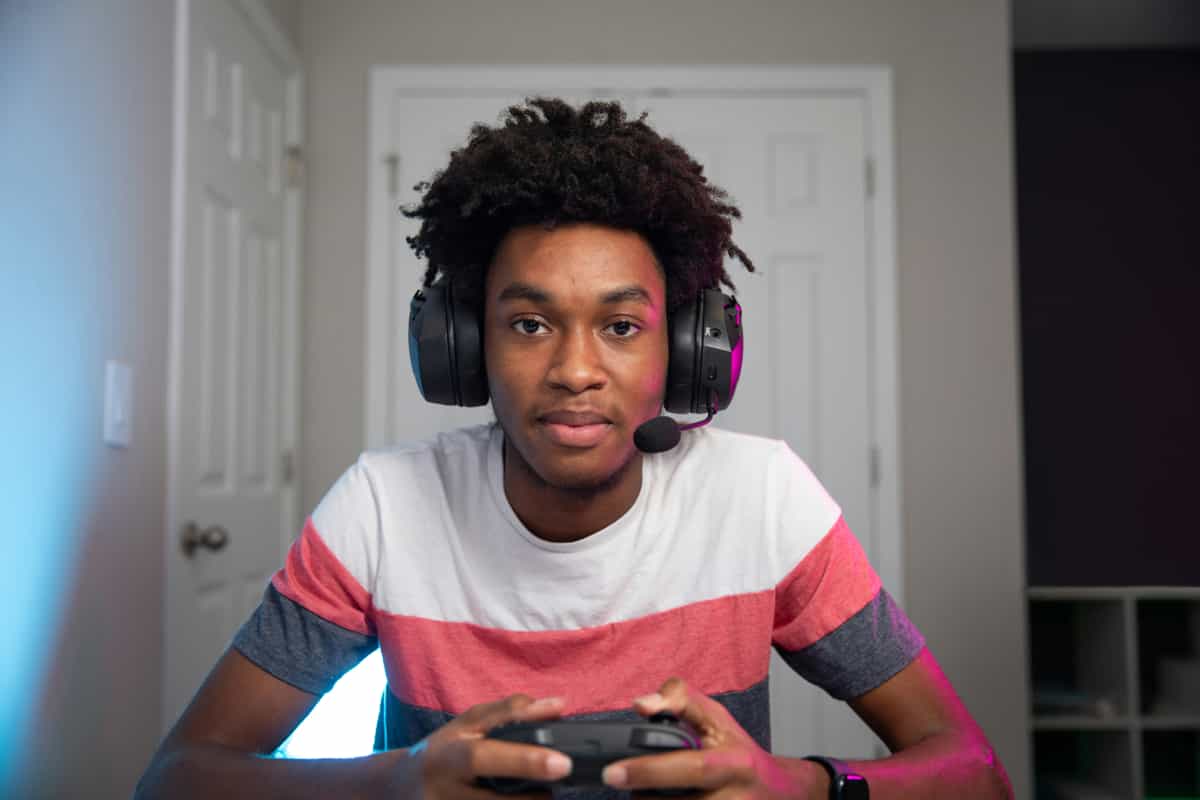Introduction: Your Mental Health Is Part of the Game
Before the first shot is fired or the match even loads, your mental state is already shaping how you’ll perform. Gaming is more than reflexes and mechanics—it’s deeply tied to how you think, feel, and manage pressure.
Developing a mindful gaming mindset helps you stay focused, balanced, and emotionally resilient. This article offers practical strategies to support your mental health before you game, using mindfulness as a foundation.
Why Mental Health Matters in Gaming
Gamers often face emotional spikes—excitement, stress, frustration, anger, or even burnout. Over time, unregulated emotional patterns can lead to:
- Performance slumps
- Gaming addiction or escapism
- Toxic behavior in team environments
- Burnout, fatigue, or mental fog
- Loss of enjoyment and identity
The World Health Organization recognizes gaming disorder as a behavioral health concern, emphasizing the importance of balance and emotional regulation in long-term gaming habits
https://www.who.int/news-room/questions-and-answers/item/addictive-behaviours-gaming-disorder
The Role of Mindfulness in a Healthy Gaming Mindset
Mindfulness strengthens your awareness of emotional states, allowing you to respond with clarity rather than react impulsively. When used before a gaming session, mindfulness creates a calm foundation for healthier decisions and focused gameplay.
Benefits of mindful preparation include:
- Increased self-awareness
- Reduced in-game anger and tilt
- Improved patience and emotional regulation
- More sustainable play habits over time
A 2018 study published in Clinical Psychology Review found that mindfulness-based interventions can significantly improve emotional regulation and reduce symptoms of anxiety, depression, and stress
https://www.sciencedirect.com/science/article/abs/pii/S0272735818301360
Pre-Game Mindfulness Habits for Mental Health
1. Mood Check-In (2 minutes)
Before playing, ask yourself:
- How am I feeling right now?
- Am I playing to escape or to enjoy?
- What do I need mentally before I begin?
Why it works: Self-reflection helps you notice underlying stress or emotional tension before it impacts performance.
2. Set a Healthy Intention
Say to yourself:
“I’m here to play mindfully, enjoy the experience, and stay aware of how I feel.”
Why it works: Setting a non-competitive intention reduces pressure and helps you stay centered during ups and downs.
3. Breath Anchor (1 minute)
Take 10 slow breaths. Focus only on the inhale and exhale. If your mind drifts, gently return to your breath.
Why it works: Anchoring in the breath clears mental clutter and prepares your mind for calm, responsive play.
Recommended by Harvard Health for improving attention and emotional control
https://www.health.harvard.edu/mind-and-mood/mindfulness-meditation-enhances-attention
Long-Term Mental Health Tips for Gamers
- Take regular breaks to avoid fatigue and burnout
- Monitor playtime and emotional shifts during sessions
- Talk openly with friends or professionals about stress or mood
- Engage in non-gaming hobbies for balance
- Prioritize sleep, movement, and nutrition
A strong gaming mindset is not about winning—it’s about staying mentally strong, flexible, and self-aware over time.
Summary
Your mindset before a game can be the difference between feeling empowered or overwhelmed. Practicing mindfulness—even for a few minutes before playing—helps build a more stable emotional foundation, leading to better gameplay, healthier reactions, and more enjoyable sessions.
Gaming should be fun, challenging, and enriching—not emotionally draining. By caring for your mental health before you play, you’re setting yourself up for success beyond the screen.
Sources & Citations
World Health Organization – Gaming Disorder
https://www.who.int/news-room/questions-and-answers/item/addictive-behaviours-gaming-disorder
Clinical Psychology Review – Mindfulness and Emotional Regulation
https://www.sciencedirect.com/science/article/abs/pii/S0272735818301360
Harvard Health – Meditation Enhances Attention
https://www.health.harvard.edu/mind-and-mood/mindfulness-meditation-enhances-attention


